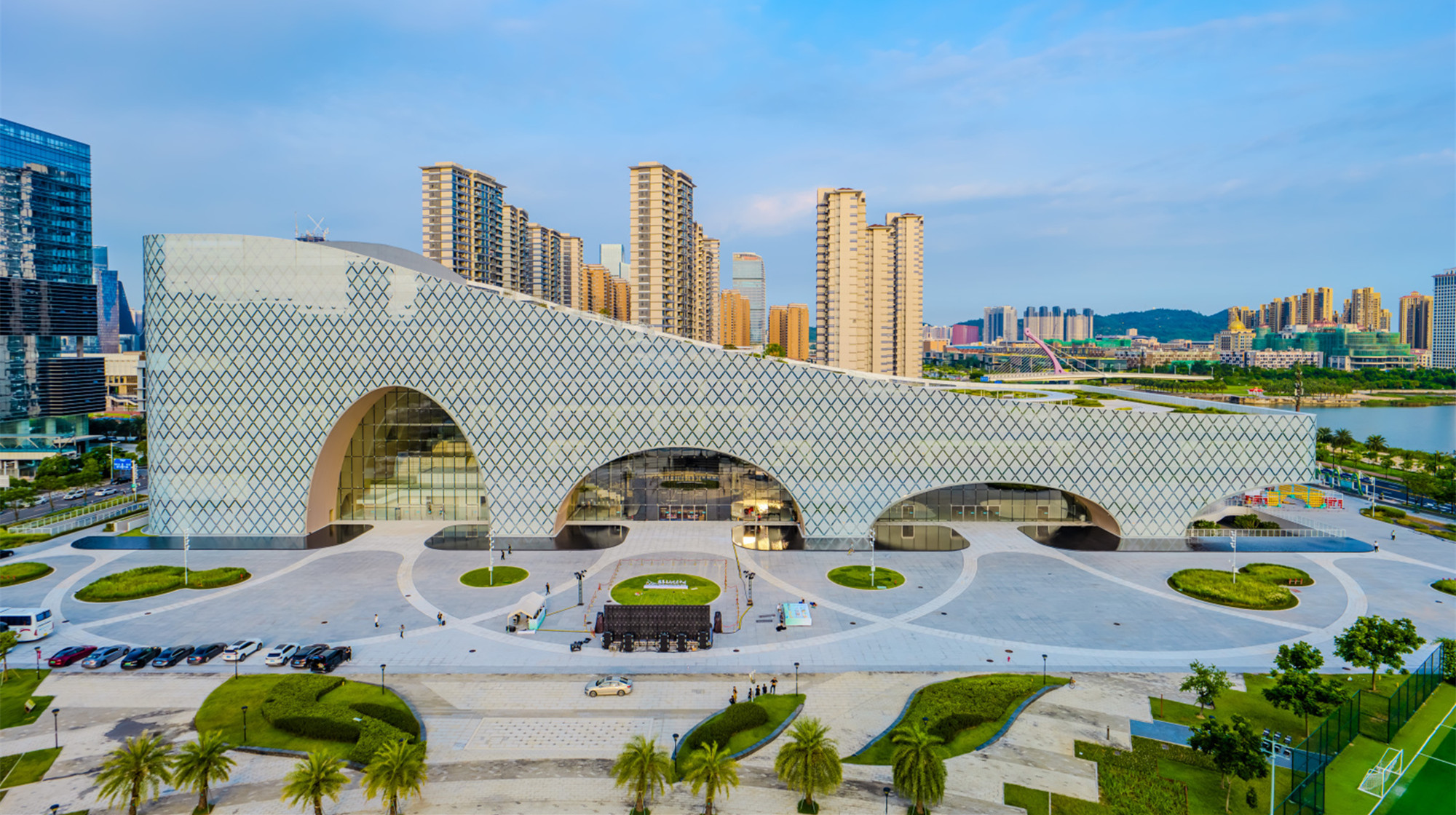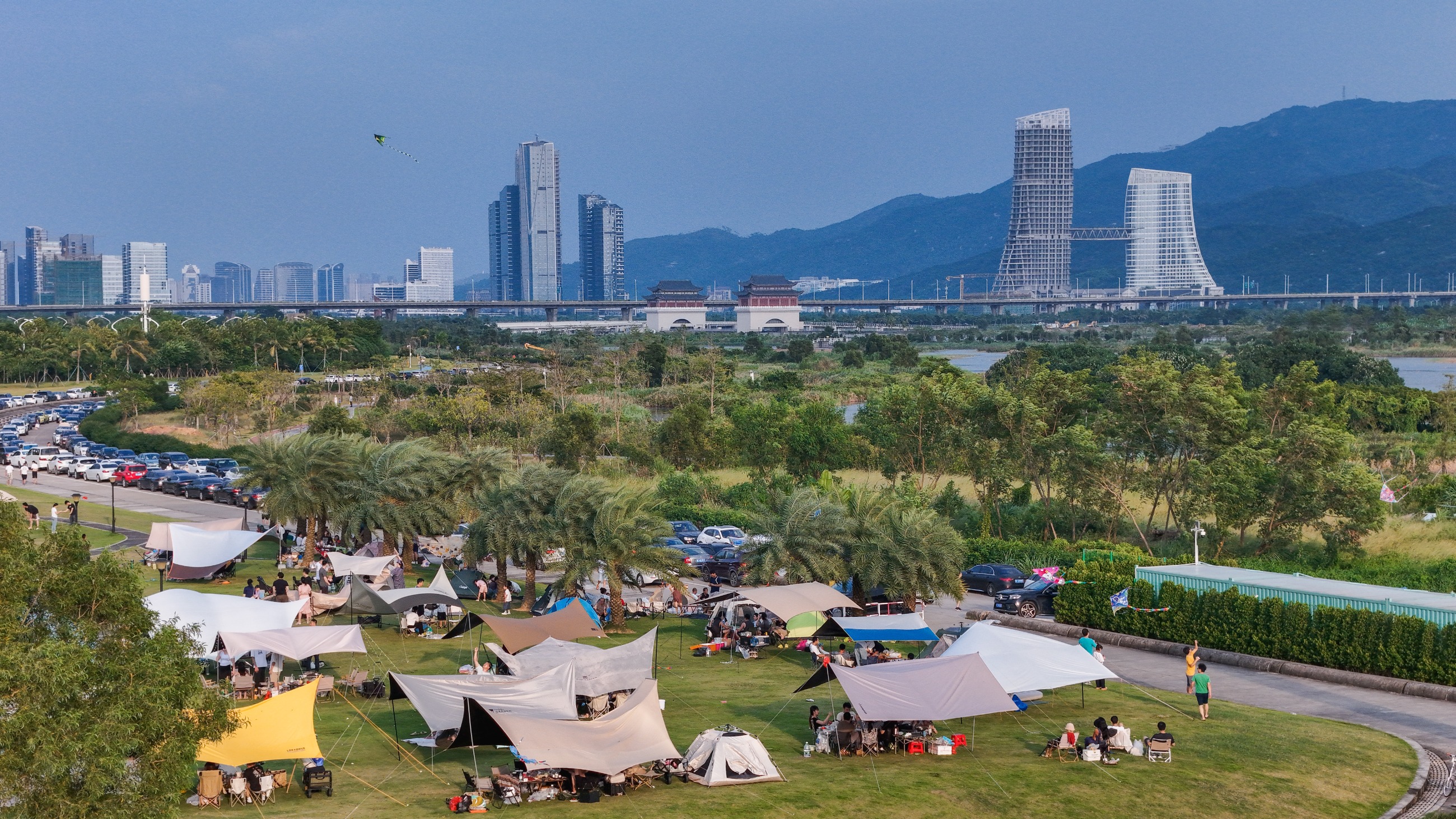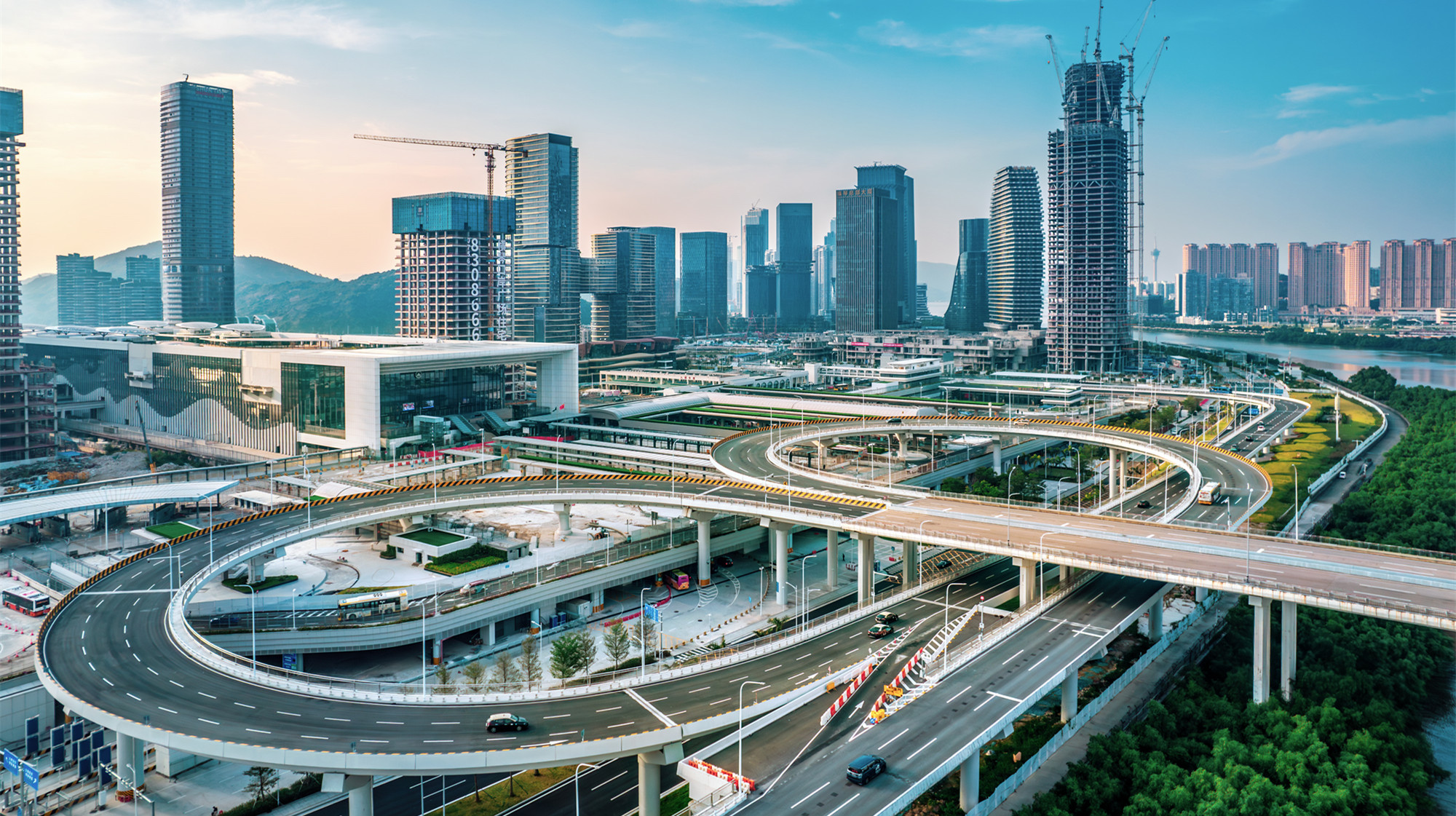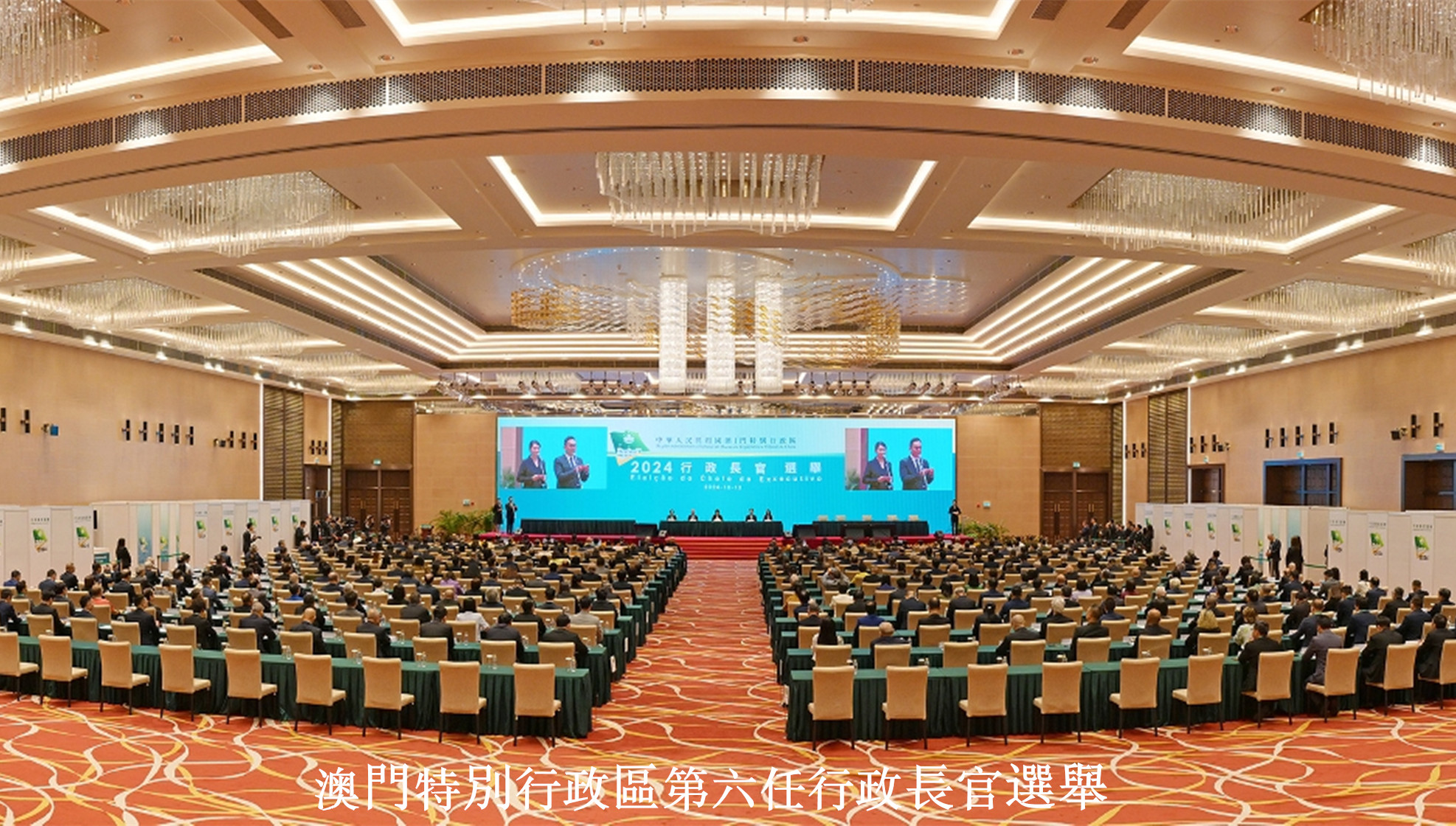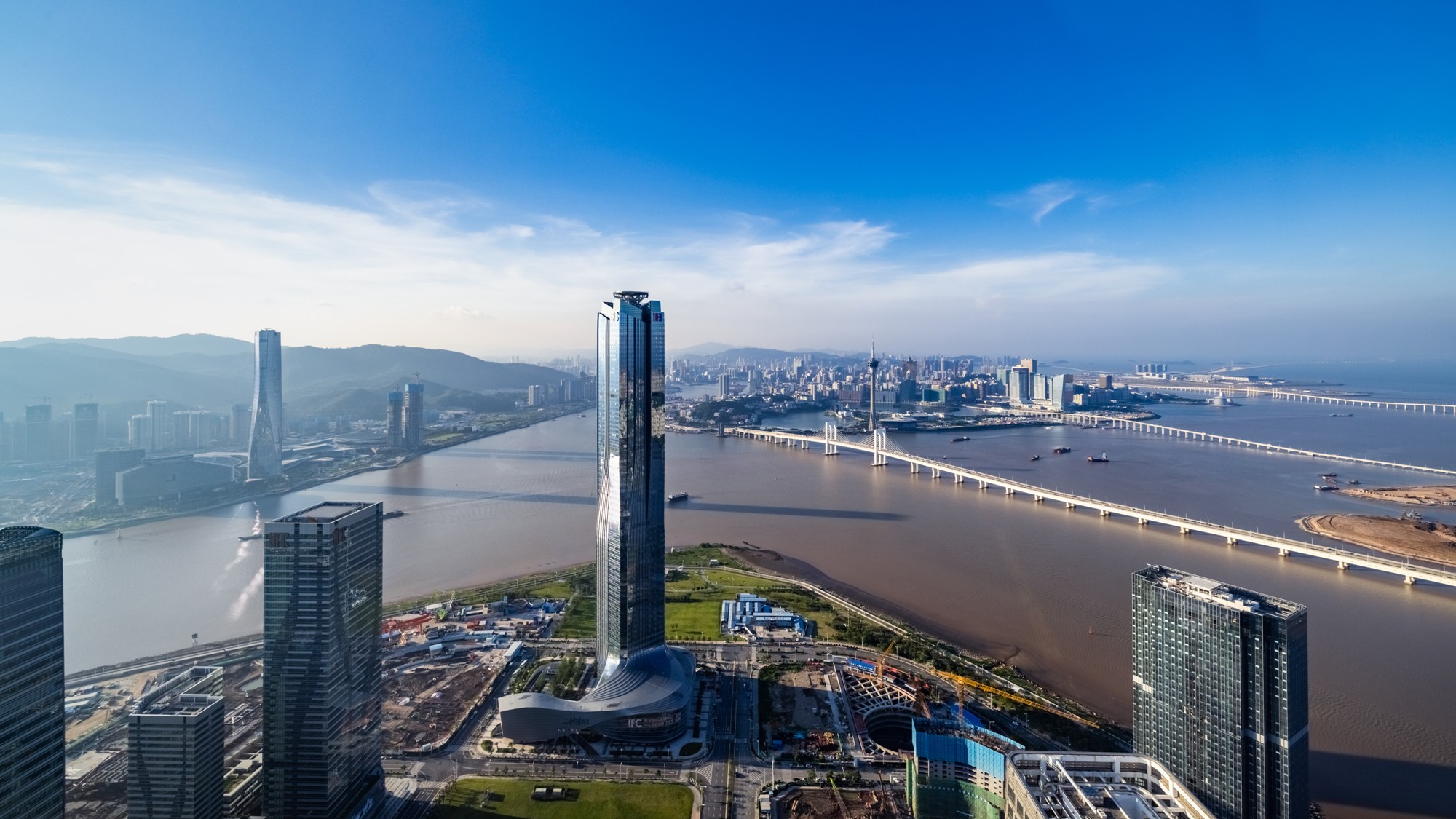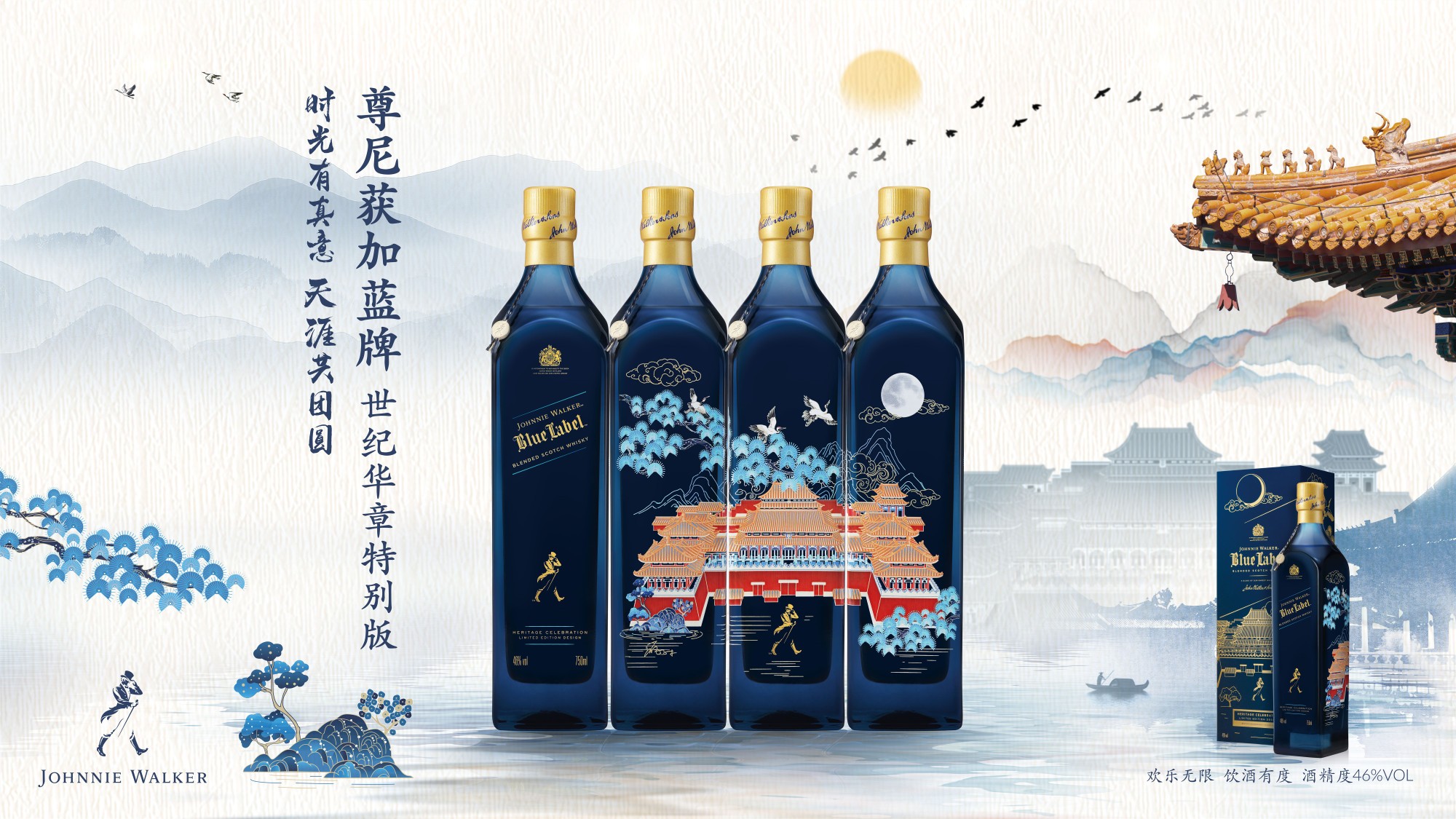【生態良知教育】 Eco conscience education 連載五
連載五
編者按:
每個人都有自己喜歡的生活方式, Diego 和 Anna很幸運,因為他們有著共同喜歡的生活方式。編者認為,這種生活方式給他們帶來的最大好處就是:“擁有整個世界”不再是一句空談。諾大的世界就是他們的家,他們遊歷八方的經歷所產生的各種感受、世界觀、人生理念或許是顛覆性的,且極具震撼力。澳門導報希望把他們的經歷分享給廣大读者。(人物介紹及完整内容,請掃描本文下方二維碼進入官網閱讀)
作者:Diego and Anna
來源:異域之河
當然除了散步以外,我們也完全可以待在家做手工,共同烹飪烘焙,玩遊戲,讀故事或者一起看電影。最重要的是享受當下擁有彼此的時刻。
接著是日常生活中的點滴。
這是我們非常大型且重要的工作,但它會讓我們感到快樂。我們要記住:要教育一個孩子,我們首先得教育自己。給孩子買最好的食物,然後跟孩子從解釋食物是從哪裡來的,聊到區分什麼垃圾可以回收,什麼不可以。即使家裡沒有花園,也可以做一些混合肥料,然後把它們加入任何綠色植物的土壤中。儘量避免買那些對我們星球特別有害的產品,因為孩子們會時刻觀察著我們,也就不僅僅會聽從我們所說的,還會模仿我們所做的一切。
Of course, we can go for a walk, or just stay at home making artcraft, cooking together, playing games, reading stories or watching movies together… the point is to share moments, to be together.
Then there are the gestures in everyday life.
And that is our work, very big work, but it will make us feel good. We have to remember: to educate a child we HAVE TO EDUCATE OURSELF. Buy the best food we can and explain to kids from where food comes from. To do distinction in the garbage between what can be recycleable and what can not be. Organize a small compost, even if we have no garden, we can then bring that compost to any green area. Try to buy avoiding product that are too harmful for our planet. Because the kids look at us, and learn from what we do, not only from what we say.
嘗試在家裡做一些與“生態良知”理念有關的活動。像是使用回收材料、瓶子、軟木塞、舊衣服、自然材料如樹枝樹葉等來製作玩具或裝飾品手工,很有助於大家分享快樂的時刻。這些時刻與“消費和丟棄”無關,但卻與“回收和創造”息息相關。它們倆是完全不同的基本概念。
Then try to do activities at home that have relationship with this “eco conscience” idea. For example, choose manual activities in which we use recycled materials, bottles, corks, old clothes, and natural materials, sticks, leaves, etc. to create toys or decorations. There are many ideas on the internet, and that helps a lot to share moments of fun that are not associated with "consume and throw away" but with "recycle and create." Those are very different concepts. Those are a fundamental base.


